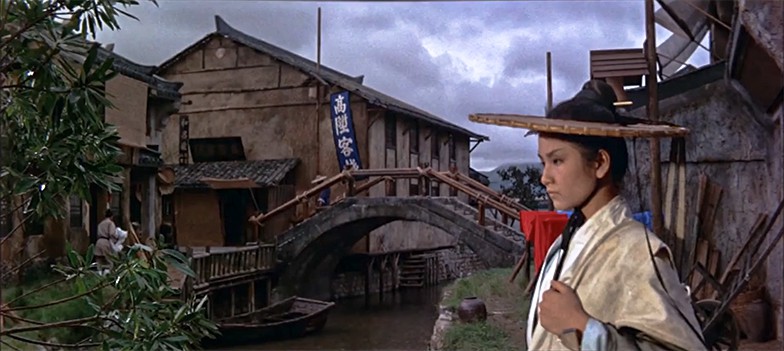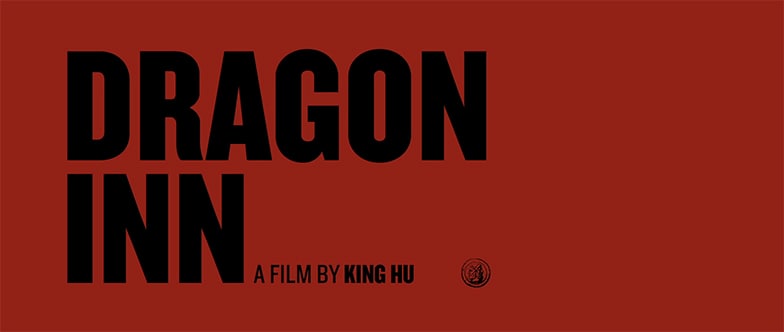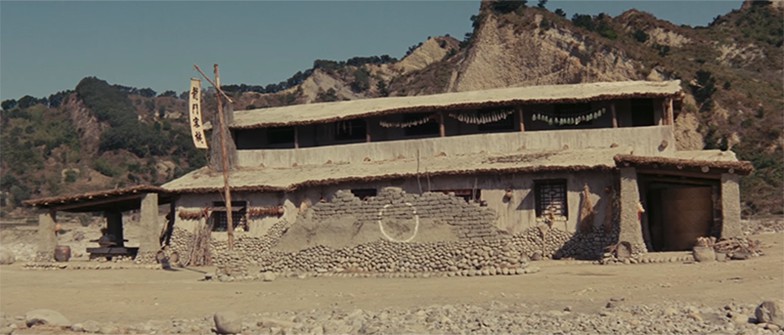36 Styles Phone Cases Now Available!
This August, 36 Styles will have existed for 11 years. In those 11 years, our primary focus has been on apparel, from t-shirts to hoodies. It is our pleasure to announce a new product line …
This August, 36 Styles will have existed for 11 years. In those 11 years, our primary focus has been on apparel, from t-shirts to hoodies. It is our pleasure to announce a new product line …
36 Styles consist of designs either I’ve created using Photoshop along with other graphic tools, as well as designs that were hand-drawn by Kung Fu Bob O’Brien. After seeing some …
Collecting big box and clamshell VHS has always been one of my favorite things to collect (and I collect a lot of different things). As a DJ that travels the globe, it’s always mandatory that I take a day or two in between gigs to find the local shops where I can dig for records, VHS, vintage toys, posters and other cool stuff.
When 36 Styles revealed one of their latest designs would be bringing the kung fu classic, The Challenger, to the masses, it brought to my attention that – oddly enough, I had not seen this film.

Oftentimes martial arts films are ignored by the greater cinephile community as being something other than artistry. While most everyone reading this article would certainly disagree to some level, there are a handful of films, filmmakers, or stars that seemingly bridge the gap between our beloved genre and more cynical outside world. Of those artists that constitute this bridge over the river sigh, there is one that often comes to mind as a pillar that brings respect to classic martial arts cinema: Kung Hu.
In one of those odd twists of fate, King Hu didn’t craft nearly as many films as one would assume for someone of his creative stature. What constitutes his greatest works is a hotly debated topic that I often find myself in the throes of during conversation. Certainly, arguments for his later and more philosophical works like A Touch of Zen or his ‘Mountain Duology’ (Raining in the Mountain, Legend of the Mountain) do exist for his best work, but my money is for his earlier films and, in particular, the loosely laced together ‘Inn Trilogy.’

Built of three films centered around the thrills and tension that inns represented through several time periods in Chinese history, the movies included in this trilogy are all adaptations of the tropes and style of classic wuxia stories with more grounded emotional stakes. Each one certainly feels unique in its own regard, but it’s the first film, Come Drink With Me, that certainly stands out most on its own. Its distinctiveness is due to the combination of King Hu’s impeccable direction, a star creating lead performance from Cheng Pei-Pei, and the gimmicks and style imposed on both of them by the Shaw Brothers studio that further pull this film into the fantastical. Particularly in comparison to the next two films.
Although not fully set in an inn, as the other two of the ‘series’ would be almost exclusively set around, Come Drink with Me does set itself in a large town inn for nearly half of the film. The lead up to an inn confrontation solely lays the groundwork for how King Hu would pace, structure, and film his latter two films. In an artful confrontation between a team of killers and the iconic Golden Swallow, played with a graceful and utterly deadly combination by Cheng Pei-Pei, King Hu combines a grounded realism (including more realistic sound design to the swords and hits) with the light footed nature of the balletic Golden Swallow to create a dynamic tone that sets the standard. Even the manner in which the inn is a place to introduce its secondary lead, Fan Dapei, played with incredible charm by Yueh Hua, is a strategy that becomes formula. Even as the film pushes further into classic wuxia tropes, King Hu never lets the wilder elements take control of the narrative. The film is still grounded and features many of the themes of the series, even if the main character is working for the local government – where the latter two very intently focus on the heroes being part of a resistance. Come Drink with Me might be the most unique of the lot, thanks to its Shaw Brothers affiliation, it also remains one of King Hu’s best and sets the stage for the next two, if not the rest of his career.

Only one year after his success and subsequent departure from the Shaw Brothers, King Hu would deliver the film that I, in my humble opinion, regard as his best film – Dragon Inn. The story is of a classic wuxia concept, where a family strikes out on the road to escape certain death at the hands of a power mad Eunuch, but the manner that Hu manages to craft the story, from the narrative to the visuals in a grounded world that digs its heels into the wuxia tropes, makes this one a true cinematic experience to behold. It’s both a continuation of the classic style of the time period, but one that evolves it in a strikingly artistic manner that early on cements King Hu as one of the grandmasters of genre.
Dragon Inn takes a refreshing spin that rarely uses the family on the run as the crux of its characters and instead as a plot device to bring together a rag tag group of rebels to help them fight against the corrupt officials and soldiers. Stunning performances from the entire ensemble, a mixture of grounded swordplay that meets the physics defying fantasy elements of wuxia, and a steady artful hand to navigate it all make Dragon Inn a revolutionary world to simply exist in. Even if there is a sense that the film must sacrifice some of its deeper character exploration due to the ensemble nature of the film and more twisting narrative, it manages to make every moment memorable. The tension mounts with effective pace and the action is bursting with film making skills worthy of its immense praise. Considering the time of its release, Dragon Inn is a film that elevates the experience with its social commentary and manages to still deliver a timeless classic of pure entertainment.

The films of King Hu continue to inspire to this day, breathing life into young filmmakers who want to take his ability to blend thoughtful writing with character development and inject it with classical genres and entertaining style. Depending on one’s taste for cinema, what constitutes his best work can vary from person to person. The Inn Trilogy, however, is truly an effective thematic series of films that exploit the setting to power three uniquely controlling stories of fighting against corruption, the power of will, and the prevailing authority of justice to right the wrongs of those who abuse their place in life. Strong characters, both male and female, litter these worlds with impressive gusto. Through the artistic hand of this director, they are brought to life in a way that is both grounded to the human experience and bigger than realism. Perhaps the artistry is more subtle than some of his other popular works, but The Inn Trilogy marks some of the best that the martial arts genre has to offer.
It might kill me, but I’ll happily stay at any of King Hu’s inns any day.
No account yet?
Create an Account
King Hu’s Inn needs to be a legit hotel chain.
Great article. I still need to see “The Fate of Lee Khan”.